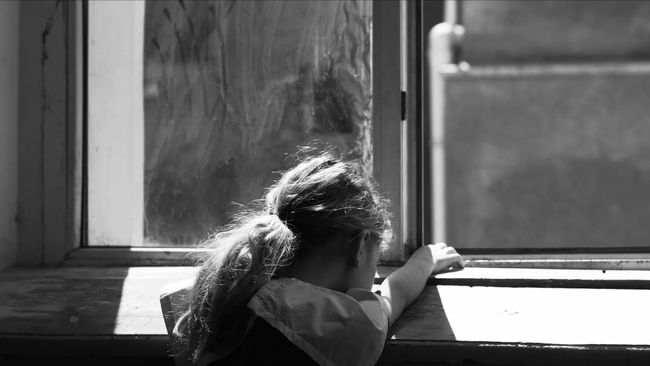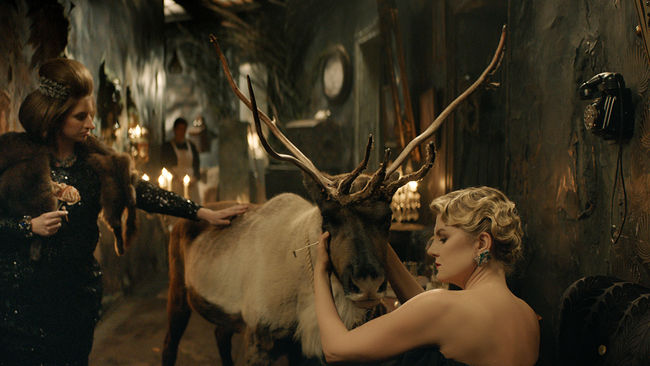Liborio
27 January 2021
For each of the features in competition, IFFR asked a critic, writer, academic or programmer to write a short reflection in a personal capacity. The resulting series of ‘Appreciations’ aims to encourage viewers − and filmmakers − at a time when there is no physical festival. Jaime Rosales shines a light on Liborio.
Some films arise to meet an opportunity. Others are born out of the filmmakers' most intimate, existential need. Nino Martínez Sosa’s Liborio falls into the second category. For years now, I have witnessed the difficulties Nino faced in trying to get this extraordinary picture made. Liborio relates the singular journey of a man who creates a religion around himself, in a country that is full of social and political tension. And making a film with its own cinematographic language in a place like the Dominican Republic, with scarcely any available financing or cinema industry to provide support, is a feat worthy of the film’s protagonist. That journey and its outcome have been worth the effort, and I am sure this film will delight audiences wherever it is screened.
Nino first told me about Liborio almost ten years ago. He was in no hurry to get it made, but he had a passion, an unbridled conviction for the project. And there is no better fuel than passion and the need to tell a story. The script progressed slowly, as did the process of developing the movie. Many great pictures have followed that same slow and certain path. And the more the script progressed, the richer it became. New scene details and characters were added, each bringing a more penetrating humanity to the core idea of the film. When I heard from Nino they were starting filming, I was absolutely thrilled. And when he told me he was editing it, I couldn’t wait to see it.
Nino has had two great allies in this project: Oscar Durán for the cinematography and Angel Hernández-Zoido for the editing − two great artists who must have contributed to giving the film the rigour that is one of its trademarks. Everything in Liborio is finely executed and everything about it is captivating: the story, the characters, the social backdrop, the landscape, the way Nino has constructed the film and the performances. The movie offers us a glimpse of an unknown filmmaking style, through a sophisticated and exciting eye.
The story of Liborio is the story of a life’s journey. A man facing up to his destiny, his strengths, his weaknesses, and his world, as it forms and continuously falls apart. We see that struggle in its many different forms: an epic, psychological and spiritual battle. Perhaps what attracts me most about this picture is that spiritual dimension. It is a film about the relationship between the material and the immaterial, about the mysteries of life and its contradictions. Without being either pretentious or overblown, it is a beautiful and very well-made film.
In an increasingly materialistic and dispassionate world, Nino brings us his film, a gift from the hand of someone who has crafted it with camerawork, sweat and life. I believe he has an excellent future ahead of him.
Jaime Rosales is a Spanish film director, screenwriter and producer
Appreciations
‘Appreciations’ aims to encourage viewers − and filmmakers − at a time when there is no physical festival. Discover more short reflections on the features in competition.



